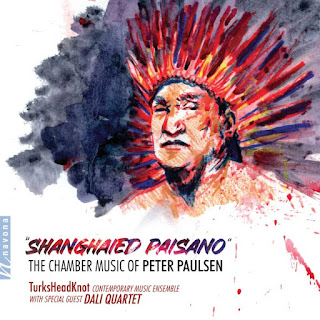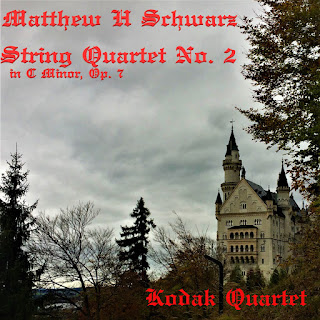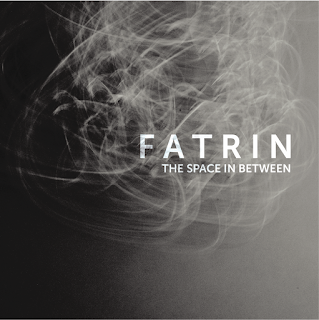Article Response - "Who Cares How You Listen?"
How People Actually Listen - Stop Pandering to an Extinct World
a short response to Who Cares How you Listen? - Thoughts on Our Relationship with Recordings
read the post to which this piece is a response here
As musicians or people interested in classical music, we must simply face the truth. The last time the concert hall has been the "primary mode of consumption" in classical music has been literal decades. Even as early as 2002, a consumer study published by Audience Insight LLC lists radio as the number one source for listening to classical music, followed by recordings, and then lastly live concerts (view here). It is naïve, seemingly purposefully so, of musicians to deny this fact again and again. The only musicians who have a "complex relationship with recorded music," are those who blame the lack of their career success on it no longer being the 'good ole days'.
The authors of Who Cares How You Listen? - Thoughts on Our Relationship with Recordings, published April 6, 2022 by the I CARE IF YOU LISTEN blog, are recent add-ons to the growing list of individuals who, despite all contrary evidence, believe the field of classical music has not shifted since the 1980s. Nowadays most solo and chamber classical artists most certainly DO go on tour after cutting an album. Unless the authors are referring to full orchestras, even these have historically gone on tours, which serve a very different musical role than soloists and chamber groups. The orchestra is not an innovative new local band which writes songs, it is and always has been a medium for interpreting other people's music, old and new. We can however, aptly compare new composers and pieces to touring pop musicians, as newly commissioned works, if successful, get picked up and thus 'tour' across orchestras. Just as not everyone listens to the thousands of small local bands which form every year, the classical music scene does not have the space or money to accommodate each and every mediocre piece for large ensemble: "Some new music only finds its way to the stage once, so the recording serves an important archival function and is reduced to mere evidence that the work once occupied a performance space." Here the authors seemingly have forgotten a disillusioning but very real point, not all music deserves taking up space on the small stage of live classical music.
The article also shows how blatantly out of touch the authors are: "For us, one "gets to Carnegie Hall" by practicing, not by releasing a record." Nowadays, practicing for six hours in an isolated room with little to no recording and performance experience does not directly lead to being a soloist at a major venue. This dream of many young music students is warped and has not been remotely feasible since the early twentieth-century. Recording experience is now a necessary skill for the young performer, or content creator (here used much less negatively than the original post), as it is the only way to market oneself to the world of major venues, orchestras, and academia.
Recordings are products, which, whether you like it or not, make them consumer goods for sale to the general public. When the authors ask "What is to be gained by continually recording centuries old music?", there are several answers, two of which I will address here. Firstly, it creates validity for the group, whether solo, chamber, or large ensemble. The canon, with all its flaws, has been a litmus test for musicians who wish to prove themselves on the scene. They can then profit and make a living selling a product which has appeal and interest to the majority of classical music listeners. Secondly, it is unmistakably rude to attack another musician's artform. Conductors, performers, and patrons, still love and genuinely appreciate old music. I ask, what is the authors' of this post intention by threatening these audiences? Can new music ever be seen as valid to the canon when its creators are too intimidated to engage in authentic discourse rather then dismissive mockery?
-Brutal New Music Reviews
Be sure to like, follow us, and comment your own thoughts!



Comments
Post a Comment